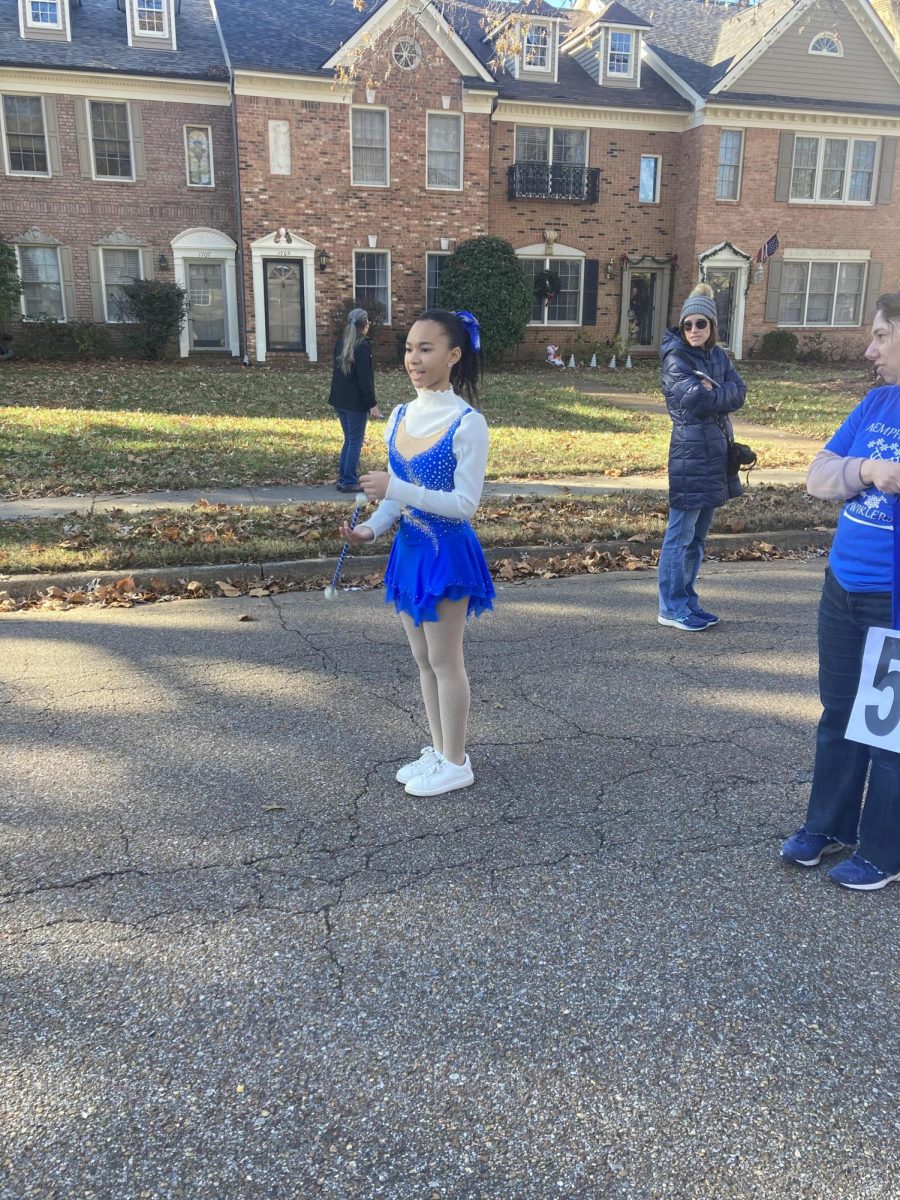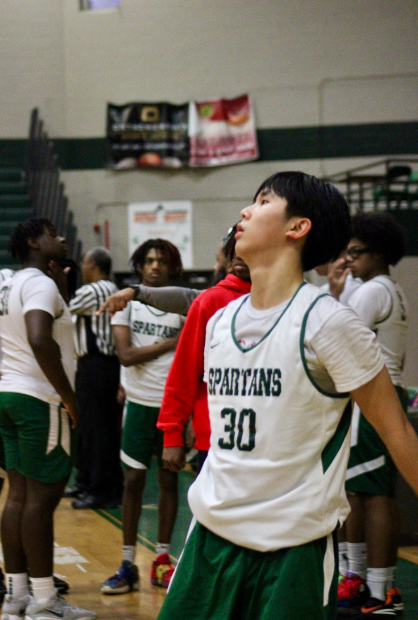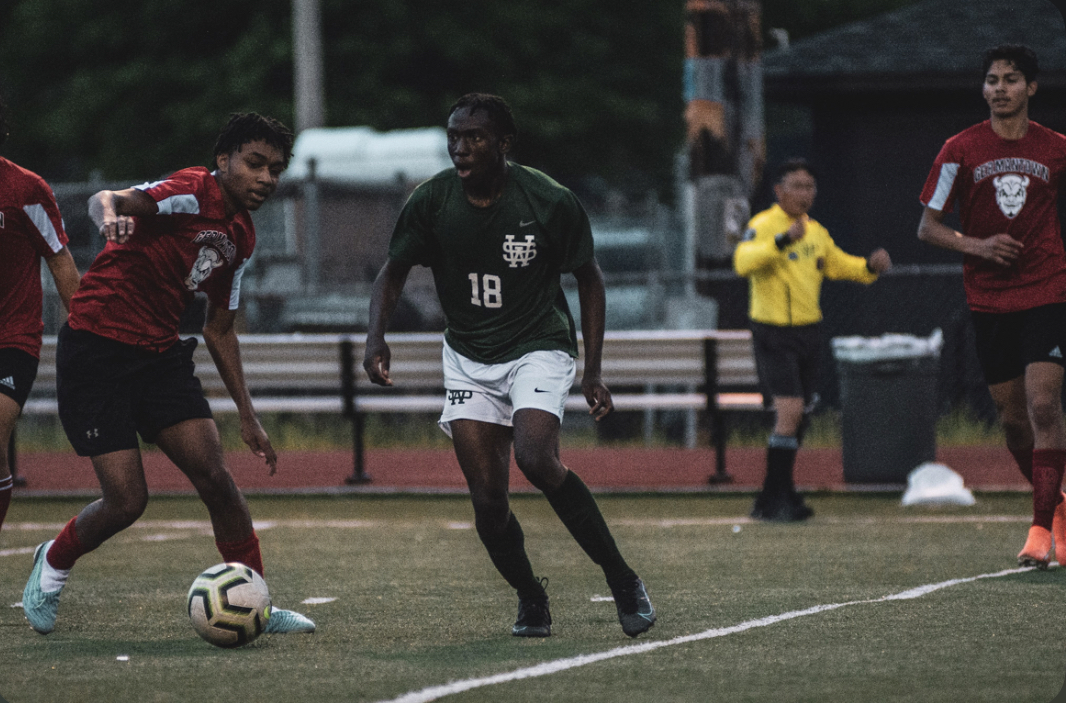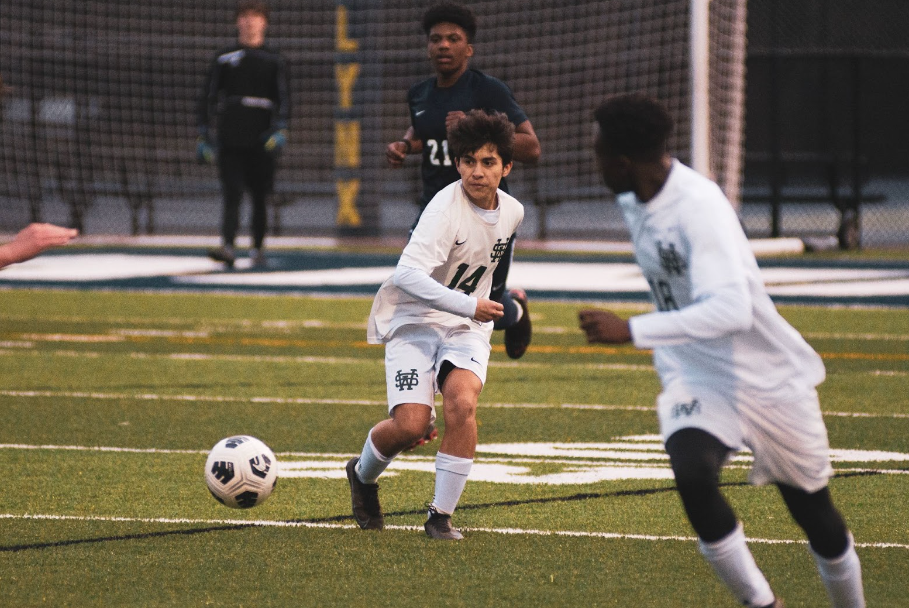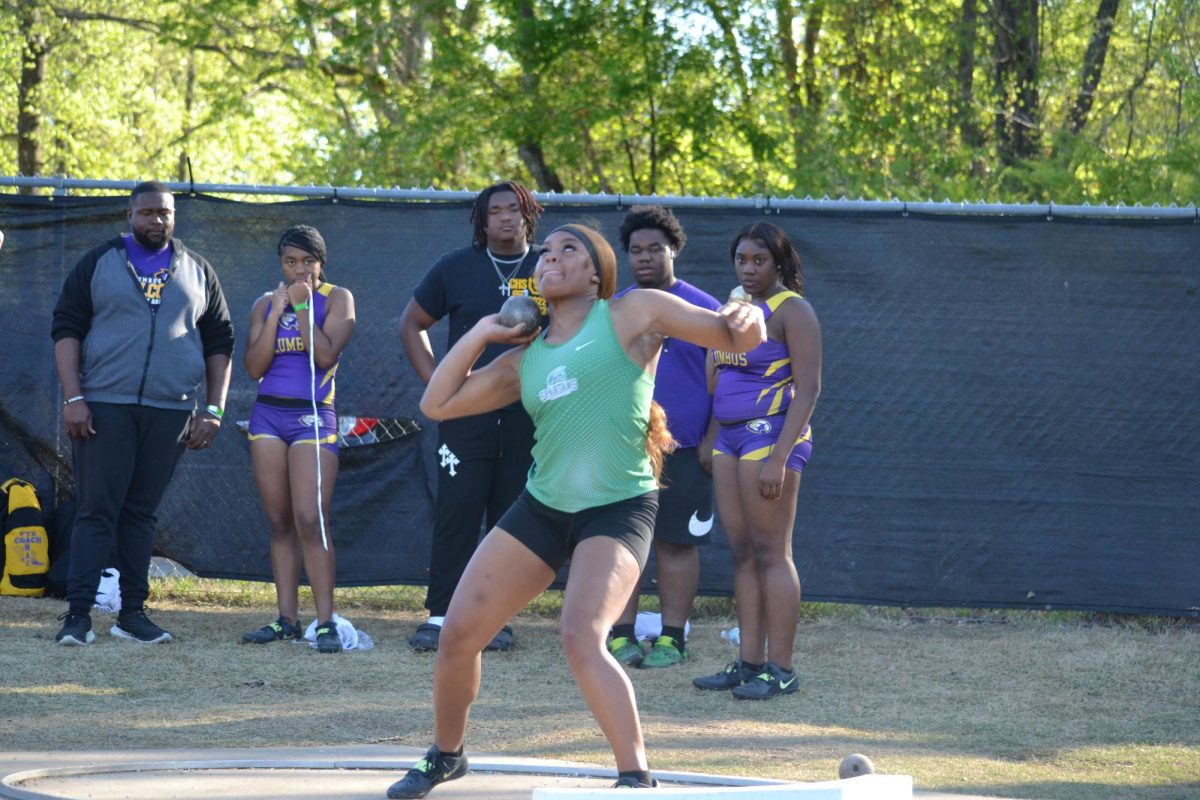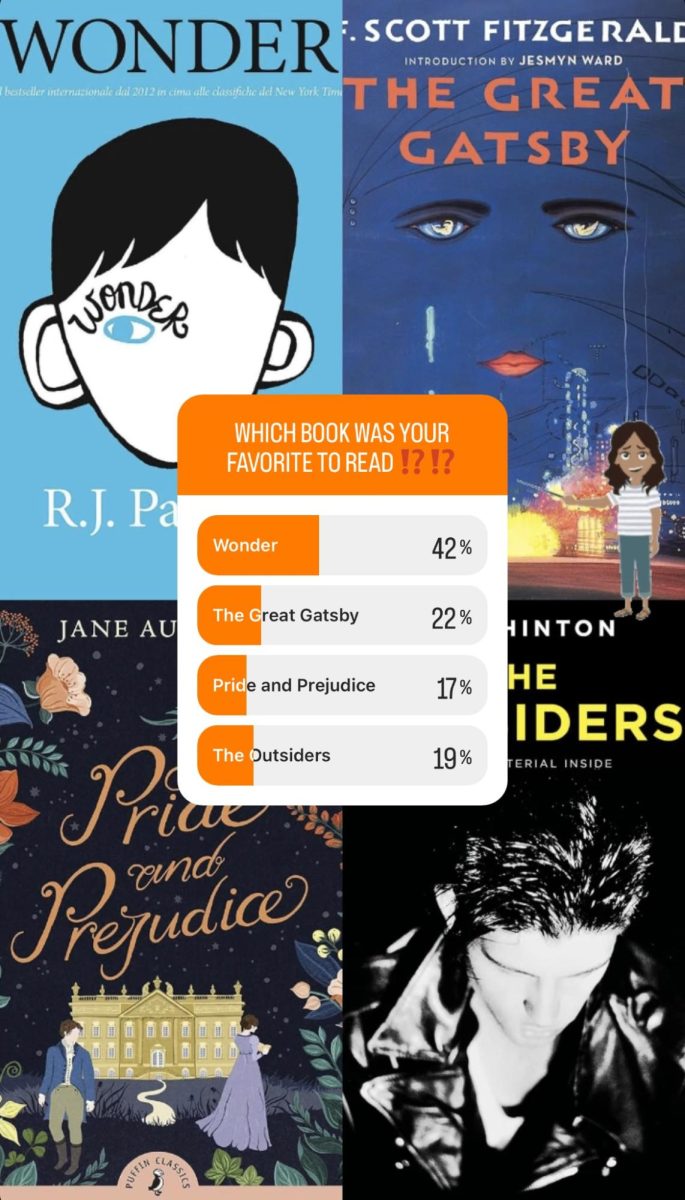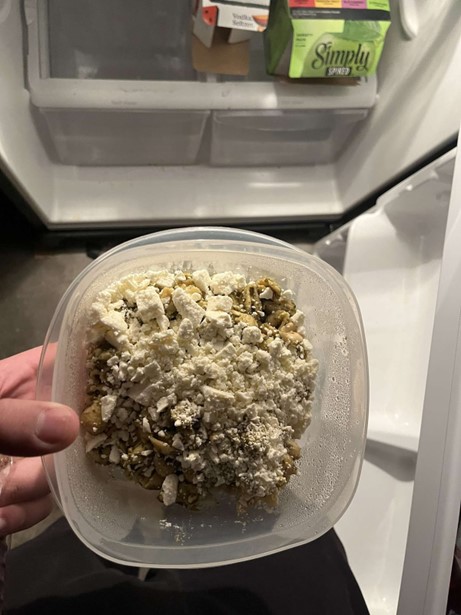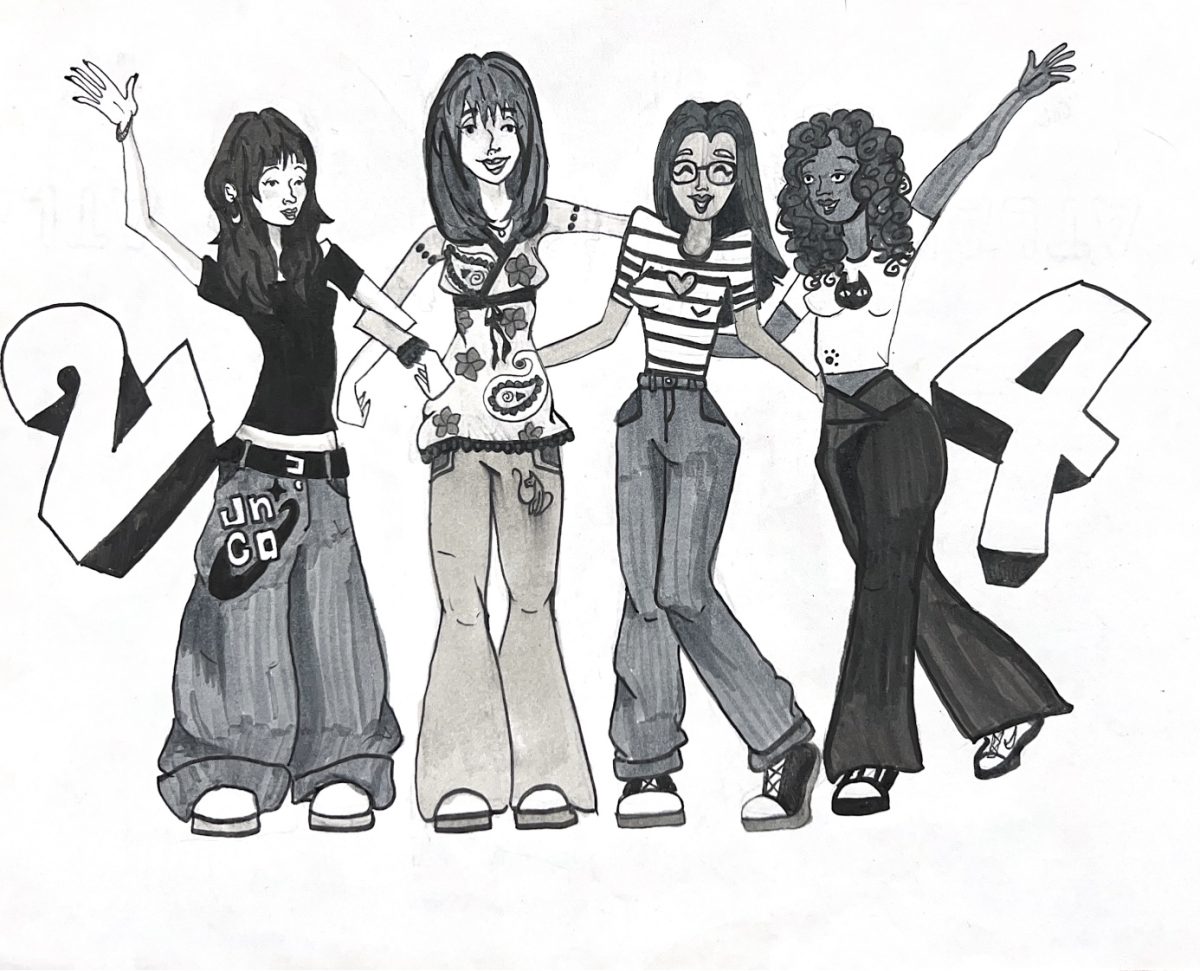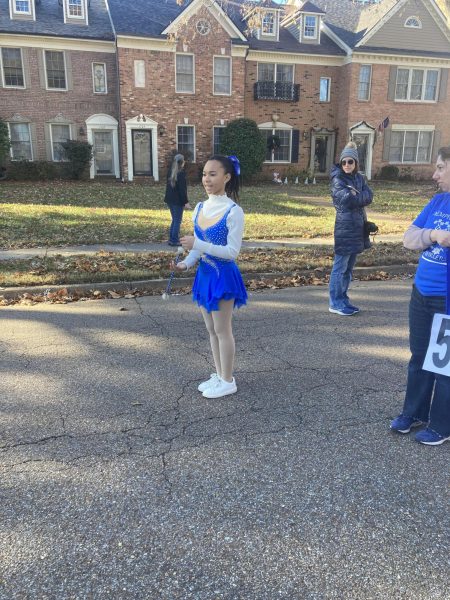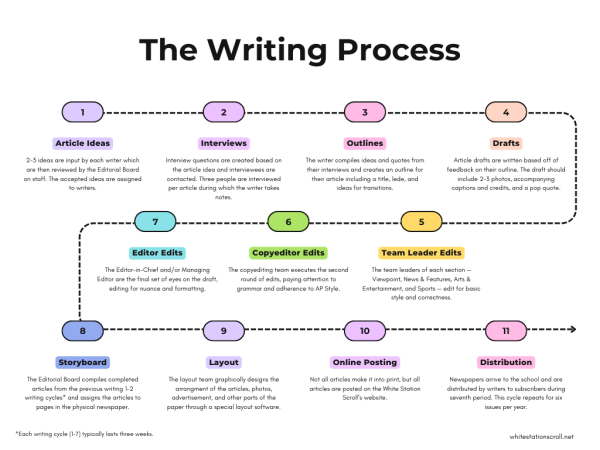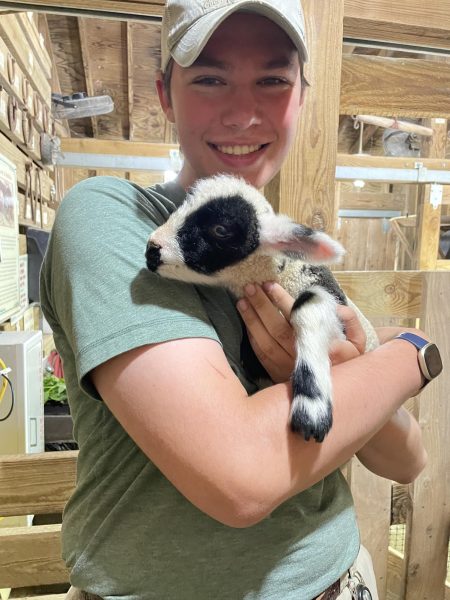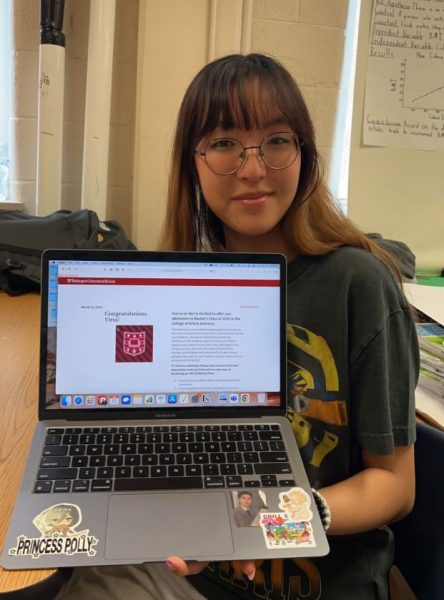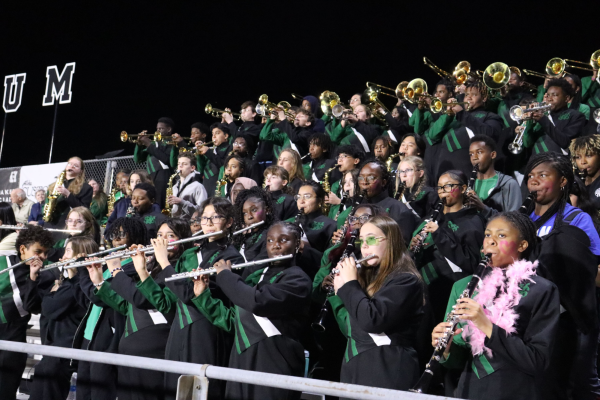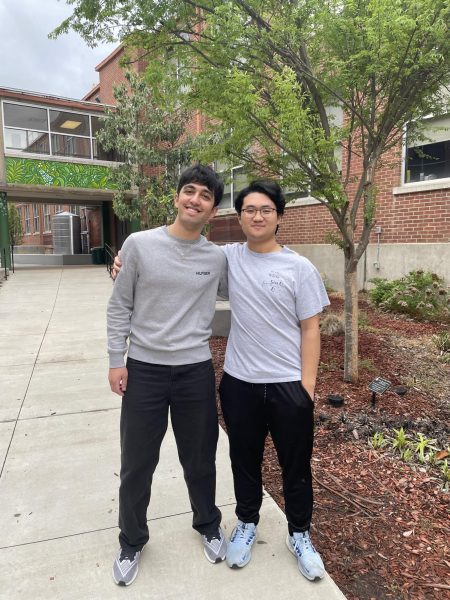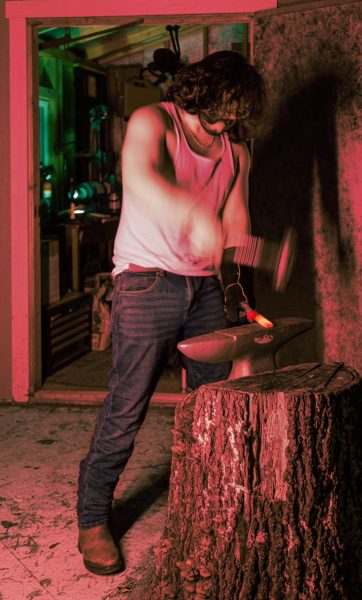Superhero students save scores with Peer Power
Empty coffee cups, half full energy drinks, loads of stress and sleepless nights are often experienced by students studying for the dreaded American College Testing test. Many students start preparing as early as freshman year to achieve that nice, shiny 36. However, others wait until the month before the test and spend countless hours panicking and cramming. Either way, many White Station students have been resorting to Peer Power, student-led tutoring.
Organized by teacher Chikezie Madu, students who prove to be exceptional in certain subjects are given the opportunity to tutor their fellow peers for both profit and volunteer hours. Through Peer Power, tutors are set up with students looking to improve academically.
“When I’m tutoring my student … I’m benefitting too,” Jason Fang (11) said. “Like I said before, teaching is the best way of learning, and I truly believe that the more I practice with them, [they] are also teaching me stuff.”
Fang began tutoring other students after taking Advanced Placement Biology with Madu, who acknowledged Fang’s proficiency in math and science and offered him a chance to teach others.
Many students who work with Peer Power have little past experience teaching and tutoring others, and they are gaining just as much knowledge as their counterparts, improving their own academic skills alongside gaining the important ability to foster learning with others. Peer Power tutors must learn to adapt to each student’s unique needs and develop their own effective teaching styles to cater to every client.
“I try to gauge how much they understand, and I try to avoid being condescending … it’s just a natural flow where we work through problems then go over whatever my student missed,” Tyler Yang (11) said.
Peer Power also offers opportunities for students to tutor younger children. Tamia Anderson (11) tutors children from the ages of 8-9 at Sherwood Elementary. After her mother introduced her to the unique opportunity, Anderson applied as a Peer Power tutor in 2022, starting out by teaching elementary level children reading comprehension skills.
“The most difficult thing was trying to make the kids focus … that’s really the hardest part … and sometimes the kids do get discouraged if they can’t get the answer over and over again.” Anderson said. “But, I feel like I’m making a difference in those kids’ lives; they’re always really excited to see me … they’re not afraid to ask me questions, and they’re really comfortable with me.”
Student tutors also face the difficulty of juggling their own schoolwork and busy schedules on top of teaching their peers.
“The scheduling is tough because I do quite a few extracurriculars; I’m not only balancing my time, but my student’s time as well,” Yang said.
Through developing time management skills and constant learning of how to better help others, student tutors gain crucial social experience and a multitude of other skills that will help them in the future..
“When they get that lightbulb moment … it makes me happy to see that [they] are able to get the concept,” Fang said.
Your donation will support the student journalists of White Station High School. Your contribution will allow us to purchase equipment and cover our annual website hosting costs.








